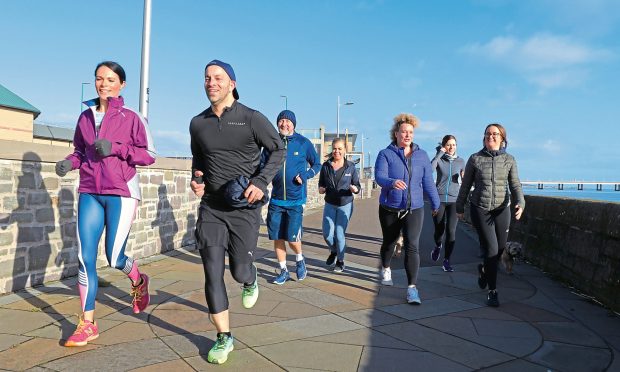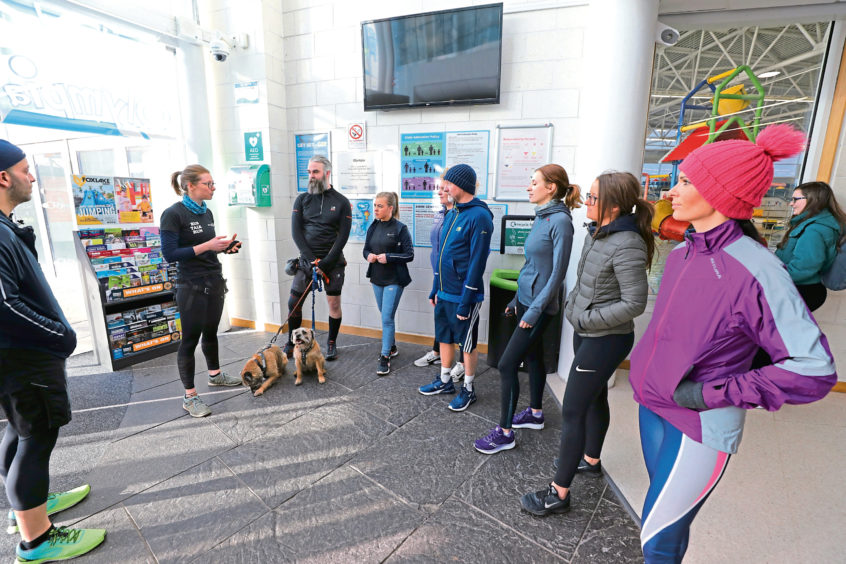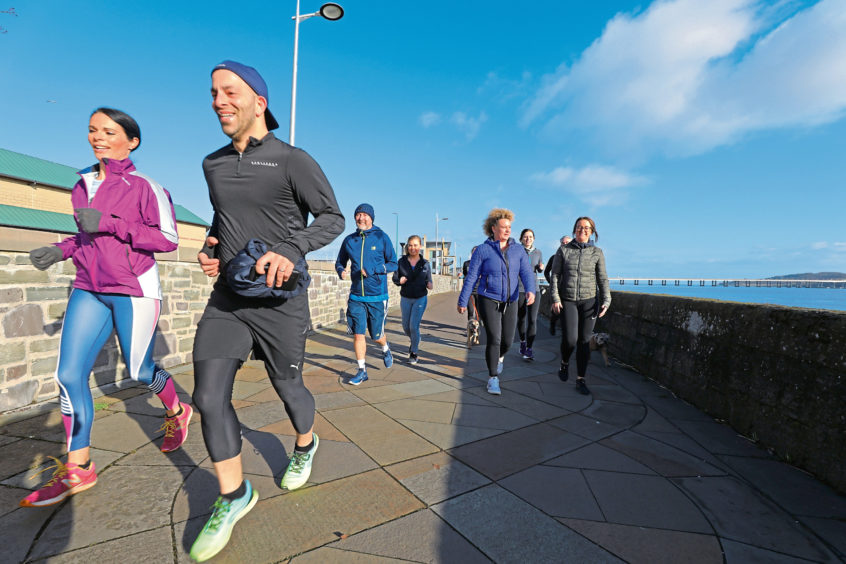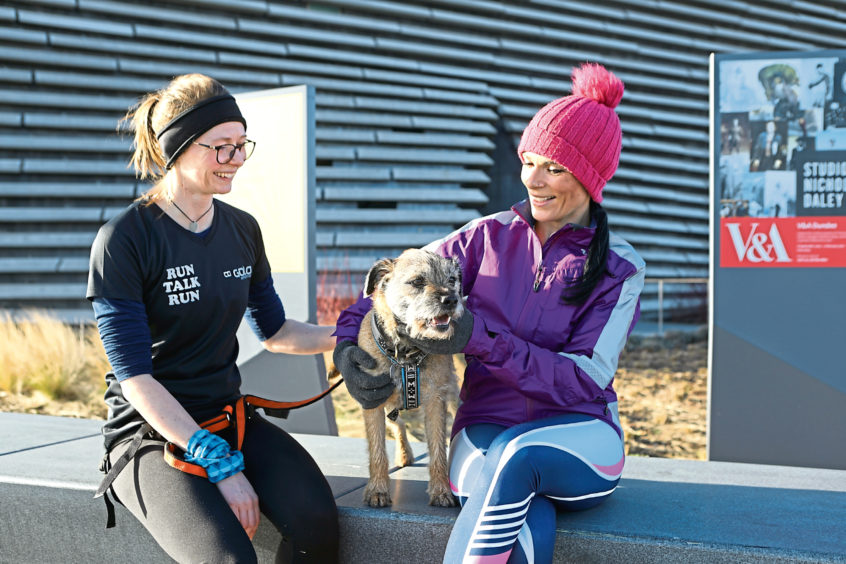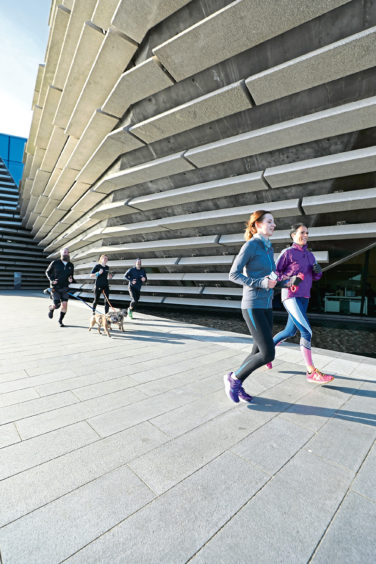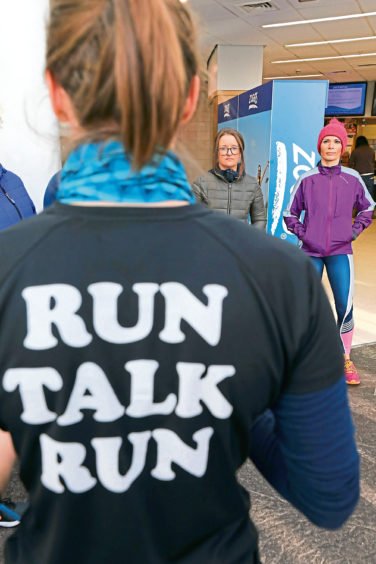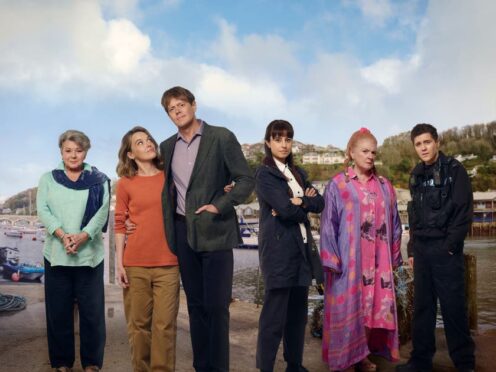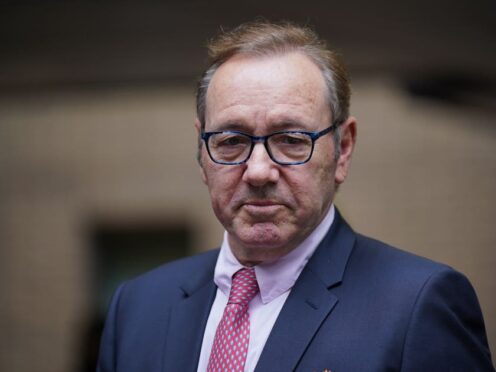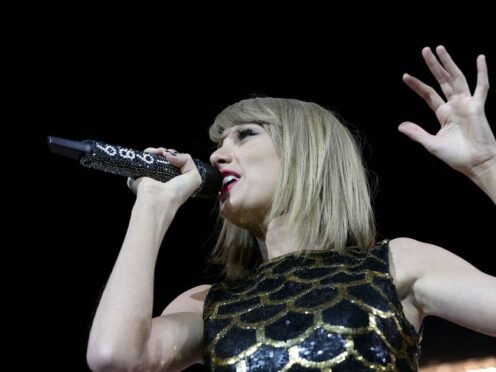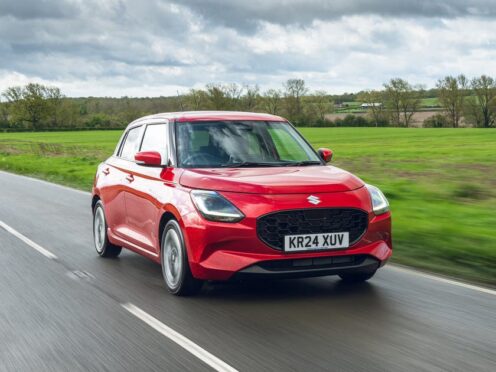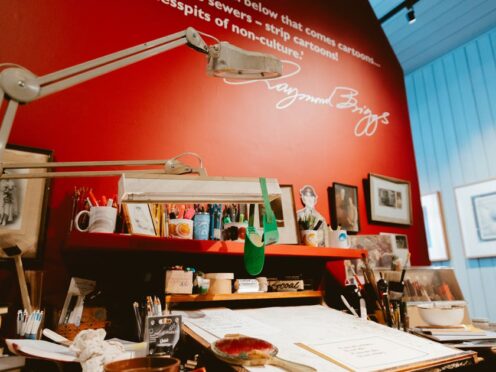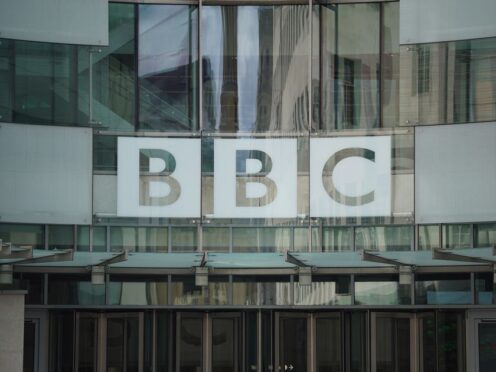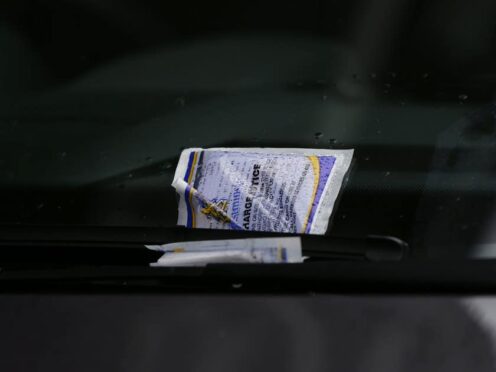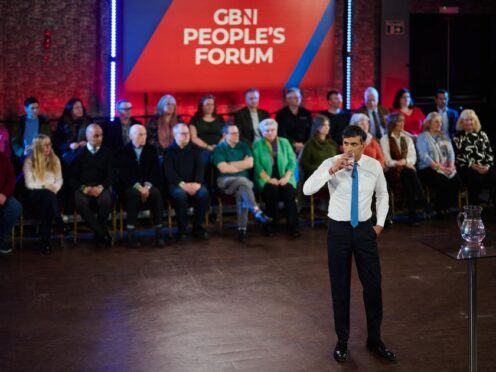Gayle joins Run Talk Run, a mental health support community which uses running to help people open up in a safe, friendly environment…
There’s something therapeutic about running. Perhaps it’s the motion of moving forwards, of making progress – of doing something good for your mind, body and soul.
I tend to run solo – at this time of year, alone, in the dark and in the countryside – and find it helps me to process all sorts of stuff that’s cluttering my brain.
I’m always glad to have got out there and done it, even if the thought of it doesn’t always fill me with joy. But if I’m slack and don’t bother, I feel bad.
Certainly, the positive mental benefits of running have long been documented. It’s said to boost confidence, boost your mood, relieve stress, and yes, that runner’s high is a real thing.
When I heard about a new group in Dundee called Run Talk Run (RTR) which bills itself as a “safe and open space to talk about how you are doing – the good times, the not so good times and everything in between”, I was intrigued and decided to join a session.
The meeting point for the Monday 5km run is the city’s Olympia leisure centre and it was here that I found a sea of welcoming, friendly faces.
This included RTR leader Alison Eadie, Move More Dundee development officer Simon Brady, a bunch of girls coming along for the first time plus regular runner Malcolm Collins and his two cute border terriers.
During a short briefing, Alison informed us of the plan to run along the riverside to the Tay Rail Bridge and back, and that everyone was free to go at their own pace, whether running, jogging or walking.
“The run is gentle – nobody is here to beat their personal bests – and there’s no pressure to keep up at all,” she reassured us. “Support is at the forefront of our runs and this really is a safe space to talk about how you’re doing, so feel free.”
Once we had navigated the jumble of roads and pedestrian crossings, we found ourselves running alongside V&A Dundee, the winter sun reflecting off the myriad windows.
Despite not knowing anyone in the group, there was something about the warm, relaxed vibe that made me feel as if I was hanging out with old friends.
Some told me how they found running helped them cope with stress, anxiety and depression, while others said the sessions spiced up their days and that they enjoyed the exercise.
I felt the weight of a million deadlines lifting as we skipped into the sunlight, and simply enjoyed the experience of being outside, in pleasant company.
Those of us who were faster runners doubled back in a kind of V-formation to fall in behind the others, a bit like geese. This was a pattern that would continue for the duration of the run and ensured nobody was left straggling behind.
The pace was indeed gentle, but it was enough to afford a decent workout.
The best thing about the session, though, was the chat – and that’s what makes this type of running group unique.
Alison explained that RTR exists to make both running and mental health support less intimidating, and more accessible.
“You might want to talk, but you don’t necessarily want to go to a GP or a therapist,” she said.
“Peer support and community can help, and running does a great job at opening up those conversations. It’s okay if you’re a little quiet or anxious – we all get it here.
“It’s about being there for each other, through the good times and the bad, and there are loads of reasons why running makes it easier to open up.
“You don’t have to talk about mental health – you can chat about the weather or if you prefer, you don’t have to talk at all. The point is, we don’t judge you. Everyone is welcome.
“When you run, you tend to look straight ahead, so you don’t have to look at anyone and instead, you can say whatever you need to out loud to the world! It’s a way of getting your feelings out there, without any pressure or sense of expectation. And usually, people go home feeling better, both physically and mentally.”
Like all RTR leaders, Alison takes groups out on a voluntary basis. But she finds she reaps the benefits, too.
Initially, the idea of starting up a mental health group was something she found scary, but she’s found sessions have made her feel more confident and comfortable talking about her feelings, and as a result, this has boosted her relationships with friends and family.
“It’s nice to meet a group of people who just ‘get it’”, she added. “We just want to get the word out about RTR so people who need it most can come along.”
Malcolm Collins, a games industry producer who suffers from anxiety and depression, finds RTR sessions help him tremendously.
“Anti-depressants are okay for stabilising your mood, but the difference running makes to my life is huge; it completely changes my mood,” he said.
“In the last year, my partner has seen a huge difference in me.
“RTR is what I needed years ago – a group of people who you can talk to if you want, or not. You can run and talk about whatever you like without necessarily needing to talk about mental health.
“Exercise is great for your mood and here, there’s a set of rules that say it’s okay to run, to talk, to walk, to cry if you need to. It’s a safe space.
“There just isn’t anything else out there like it.”
Simon, who works for Move More Dundee, which provides free activities for people affected by cancer, likes the fact that the act of running comes second to the social interaction and mental health aspects of RTR sessions.
“It’s about being able to have a chat rather than powering along as fast as you can,” he said.
“Speaking about mental health can be hard but at RTR everyone understands it’s OK to be vulnerable. It’s an inclusive, non-intimidating space.”
History of Run Talk Run
Run Talk Run was set up in October 2017 by London-based Jessica Mary Robson, having discovered that running and community propelled her out of her depression, anxiety and bulimia. Groups are now run worldwide, and the Dundee one was set up in summer last year by Alison Eadie.
Run Talk Run meets at Dundee’s Olympia at 6.15pm on Mondays and at 7.15pm on Wednesdays at the Ardler Complex. The group is open to runners (or walkers and joggers) of all abilities. Running routes change on a regular basis.
RTR sessions are completely free. Simply check out Run Talk Run on Facebook or Instagram for more details.
